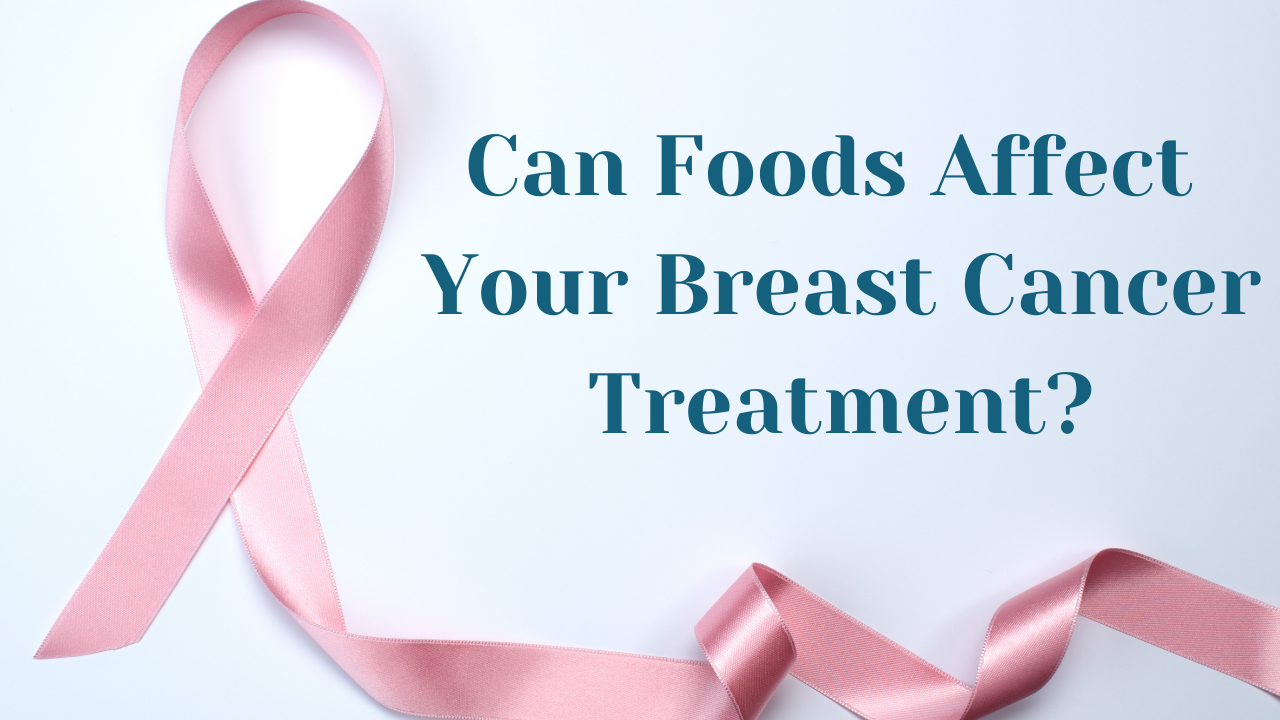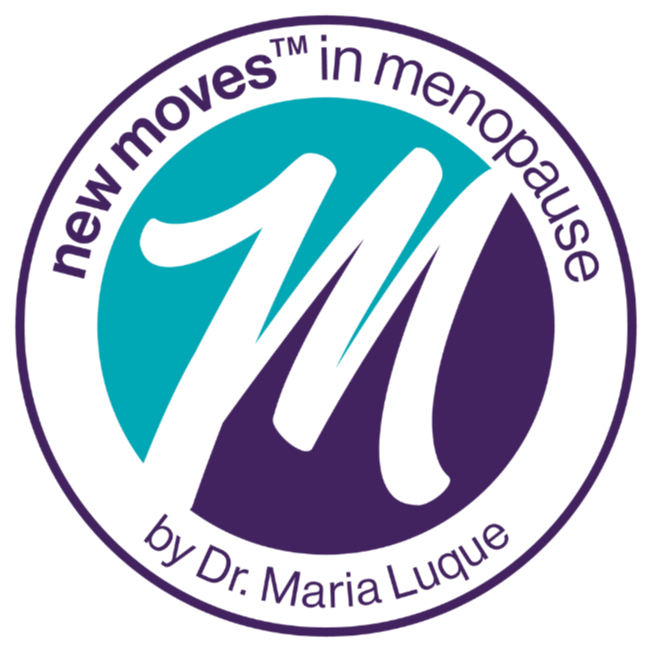Menopause Menu: Can Foods Affect Your Breast Cancer Treatment?
Apr 21, 2021
A while ago, I wrote an article on soy and breast cancer, which sparked my interest in exploring more foods beneficial for menopause symptoms. The result of that interest is my Menopause Menu series, where I explore the benefits that certain foods/herbs could potentially have on menopause- and age-related symptoms. In response to that series, I received some questions about the safety of the foods I mention for breast cancer survivors, especially when taking a hormone-blocking medication such as tamoxifen. I found that question incredibly interesting, so I dug into the research to find out more about the possible contraindicative effects foods/herbs might have on tamoxifen and other similar treatments.
Phytoestrogens
Have you ever heard that breast cancer survivors or those at-risk for hormone-driven cancers should avoid foods that contain phytoestrogens? The reasoning behind that myth is that the estrogen-like effects from phytoestrogens might undo the estrogen-blocking effect of tamoxifen or other hormone-blocking treatments. The critical factor in understanding why that is not true is knowing that “phytoestrogens are not the same thing as female estrogens.” and “soy does not have estrogenic effects in humans.”
There is no indication that consuming phytoestrogen-containing foods such as soy, tofu, miso, flaxseed, chickpeas, red clover, fava beans, pistachios, to name a few, are contraindicative to tamoxifen or that they increase the risk of breast cancer. Research indicates that soy foods and flaxseeds enhance the hormone-blocking actions of tamoxifen and reduce the risk and recurrence of cancers. The European Food Safety Authority states that “isoflavones do not adversely affect the breast, thyroid or uterus of postmenopausal women.” Phytoestrogens are classified into four phenolic compounds: apigenin (flavone), naringenin (flavanone), genistein (isoflavone), and quercetin (flavonol). One study concluded that “Apigenin was found to be the most effective phytoestrogen that strongly inhibits the growth of breast cancer cells, including HER2-positive ones.” If you’re interested in finding out the isoflavone/phytoestrogen content of foods, the USDA has compiled a list that is easily accessible and searchable.
Foods to avoid or limit:
The list below is by no means all-encompassing. It is merely a list of the foods that I found during my research as potentially contraindicative to tamoxifen. I did not find any other potentially dangerous foods, but that doesn’t mean they don’t exist, so please always consult with your doctor when taking any medication and considering changing your diet or adding new foods.
Grapefruits: Grapefruit is well-known to interfere with numerous medications and should be avoided as much as possible. Due to its effect on a specific type of enzyme, the cytochrome P450 enzymes (CYPs), even one cup of grapefruit juice can limit the efficacy of tamoxifen.
Nerd alert: I try not to create too much confusion by adding more chemistry and science than necessary, but I still want you to have the resources to research more if you like. So if you’re interested in learning more about what CYPs are and their role in tamoxifen efficacy, you can go here.
Tangerines: although less of a problem than grapefruits, tangerines, which contain a nutrient called tangeretin, can also influence the effectiveness of tamoxifen, and it’s safer to keep consumption to a minimum.
Curcumin/Turmeric: there is evidence to suggest that increased amounts of curcumin/turmeric consumption may interfere with the effectiveness of Tamoxifen.
During my research, I did not find any evidence to suggest that the consumption of any of the foods I explore in my Menopause Menu series has any adverse effects for breast cancer survivors or interactions with tamoxifen. Please note that while consuming small amounts of food can be beneficial, increasing that amount can potentially pose a health threat. Be careful when consuming supplements with “good” foods/nutrients because they often contain incredibly high amounts that could be harmful or interact with your medication/medical condition. As mentioned above, it is always an excellent idea to reach out to your physician to confirm that adding any new food/supplement will not harm your health.
If you have any topics, you would like me to cover in one of my blogs, leave me a comment or send me a message. I love to research and share knowledge, and the chances are that more women will benefit from having the answer to the question you have.



